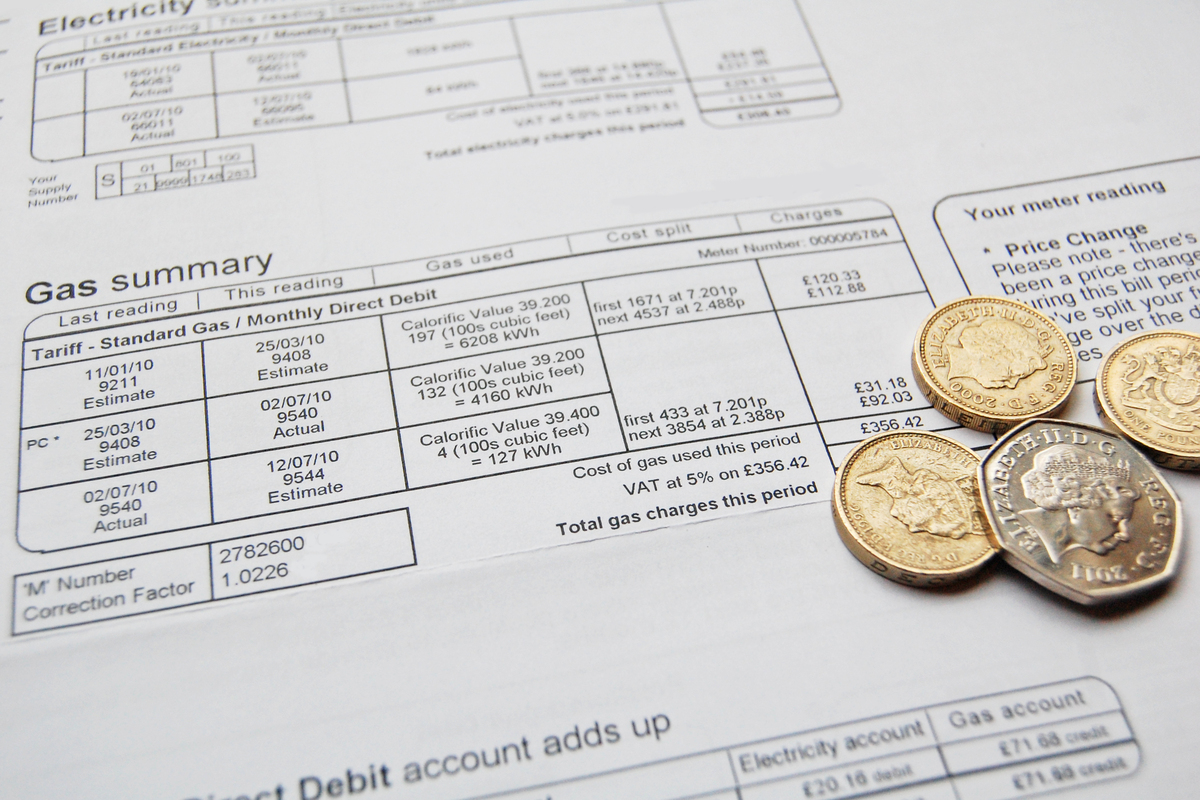Dear visitor,
You're reading 1 of your 3 free news articles this quarter
Register with us for free to get unlimited news, dedicated newsletters, and access to 5 exclusive Premium articles designed to help you stay in the know.
Join the UK's leading credit and lending community in less than 60 seconds.
Price guarantee means reducing energy use is an “urgent fiscal responsibility”
The hefty price tag committed by the government without trying to curb demand for taxpayer-funded energy would be “reckless”, according to the Social Market Foundation (SMF).

Senior Journalist, covering the Credit Strategy and Turnaround, Restructuring & Insolvency News brands.
The Energy Price Guarantee announced by the government earlier this month means household energy bills will be capped at £2,500 a year for the next two years. This will keep prices below the initial price cap increase announced by Ofgem of £3,549 for October and of the forecasted more than £5,000 figure predicted by some at the start of 2023.
The £100bn price tag, even before getting to the support being provided to businesses and public services, should have in theory - according to the SMF - created a “powerful incentive” for ministers to save money by improving energy usage and efficiency.
This is because, if the taxpayer has to pay a share of the cost of every unit of energy the country uses, there’s a very good case for the politicians entrusted with public finance to do more to help and encourage the country to use less energy. Despite this, the SMF has said the government “has done little” to encourage a reduction in demand.
This is in spite of the fact that around 19 million homes in the UK fall below the government’s benchmark energy performance certificate standard of grade C - meaning most homes in the country are wasting more energy than they should be. Overall, people living in the most inefficient homes lose £1 for every £3 they spend.
At a minimum, the SMF has said the government should launch an information campaign that could include advice on how households can reduce their energy demand and increase energy efficiency, including quick-fix insulation mechanisms, boiler optimisation and other tools.
Stay up-to-date with the latest articles from the Credit Strategy team
Get the latest industry news






